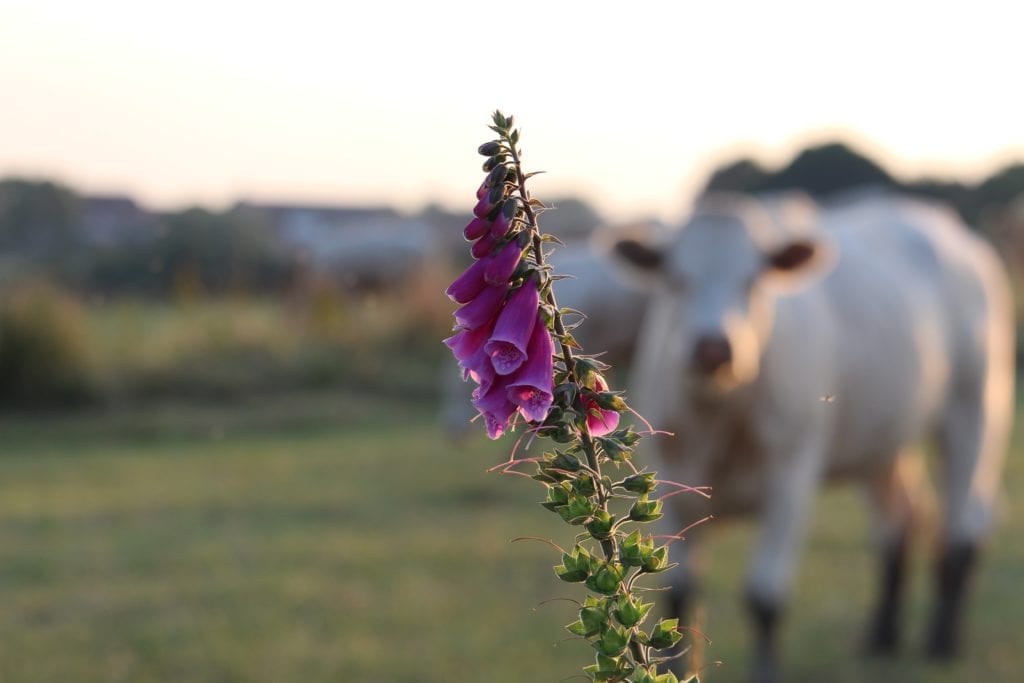Research shows massive insect decline in agricultural areas
Large-scale German research, published in multidisciplinary science journal Nature, shows a massive decline of insects. The research results show that declines were particularly strong in landscapes dominated by farmland, suggesting that agricultural management could be driving this drop.
In grasslands, as well as forests, a large decrease in biomass, abundance and number of species is seen. Recent reports point to land-use intensification as a major driver for decreasing biodiversity. However, the writers of the article in Nature state it remains unclear whether the observed declines in biomass and diversity are linked to one another. In annually sampled grasslands, biomass and the number of species show a consistent decline across trophic levels. It’s magnitude was independent of local land-use intensity.

Large-scale results
However, on a large-scale, there seems to be a link between the two. Sites embedded in landscapes with a higher cover of agricultural land showed a stronger temporal decline. Read the results, based on data from several projects of the Biodiversity Exploratories Programme (DFG Priority Program 1374) in the article ‘Arthropod decline in grasslands and forests is associated with landscape-level drivers’.
Taking the problem seriously
In his article, editor William E. Kunin says the confirmation of accumulations is a relief. He points out that when we know the problem exists, we may be able to do something about it. Furthermore he hopes that, now research shows the major problem of large-scale declines in the numbers and diversity of insects and other arthropods, we might finally take it seriously.
